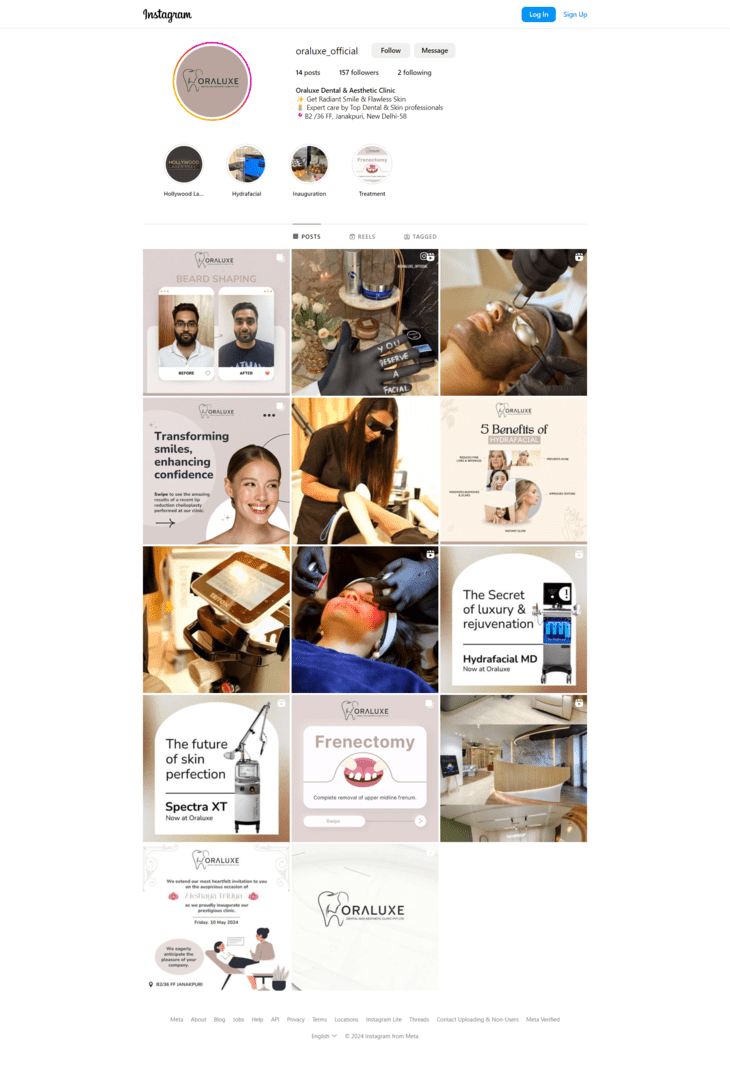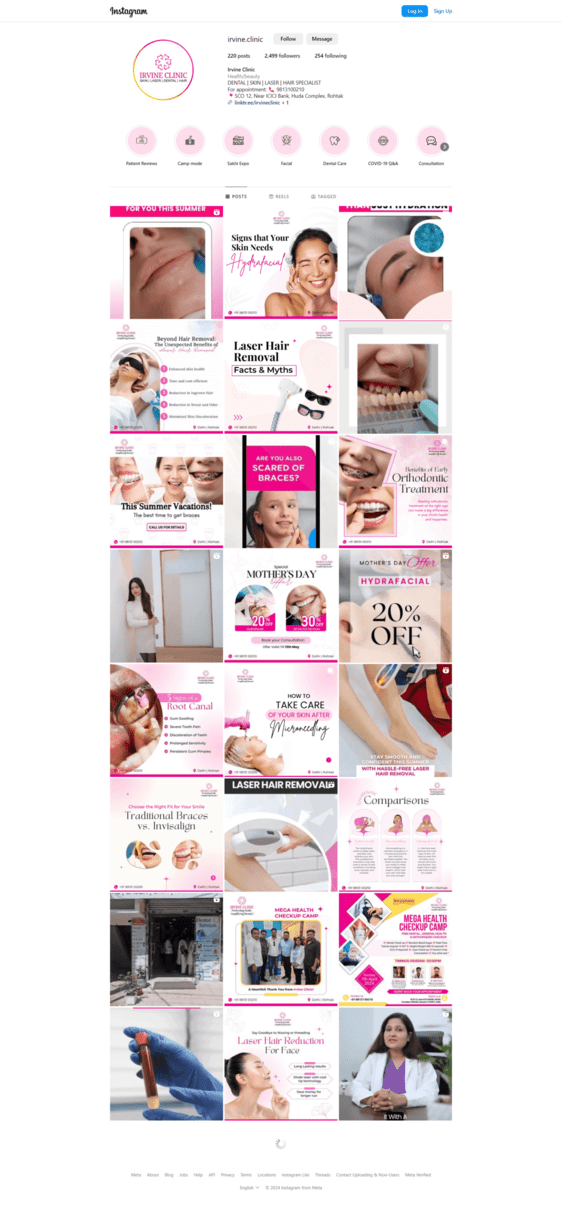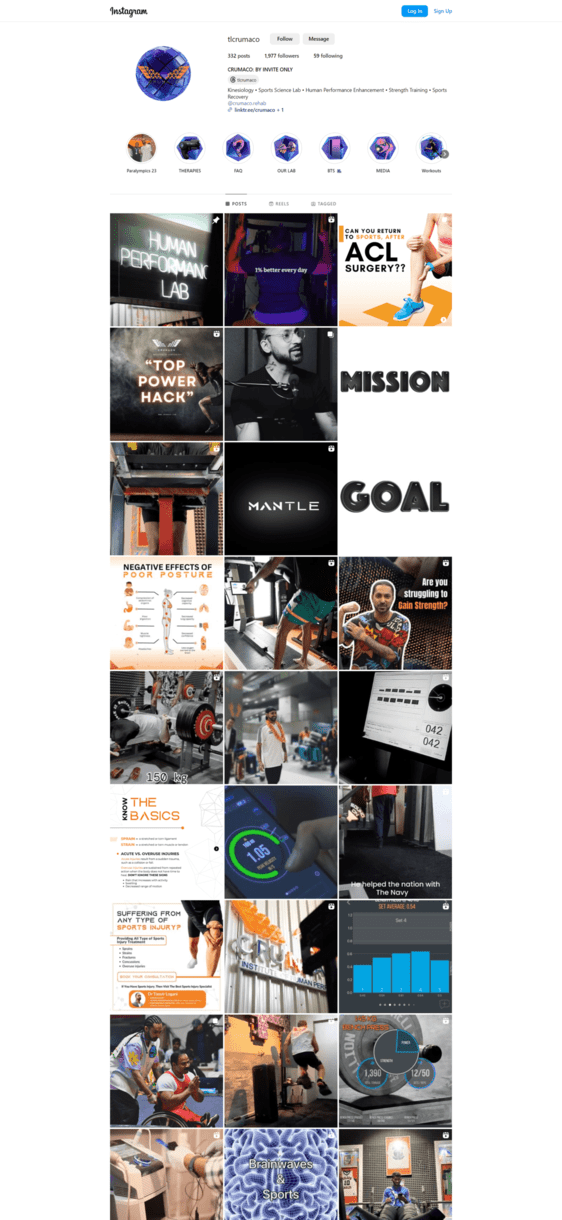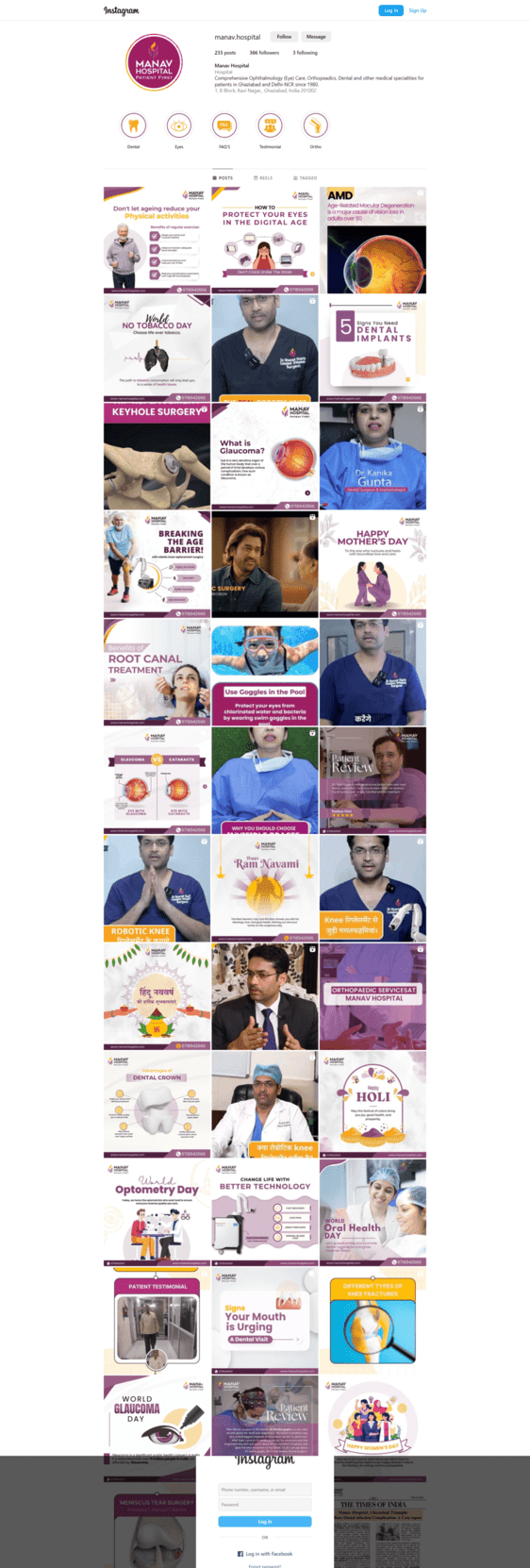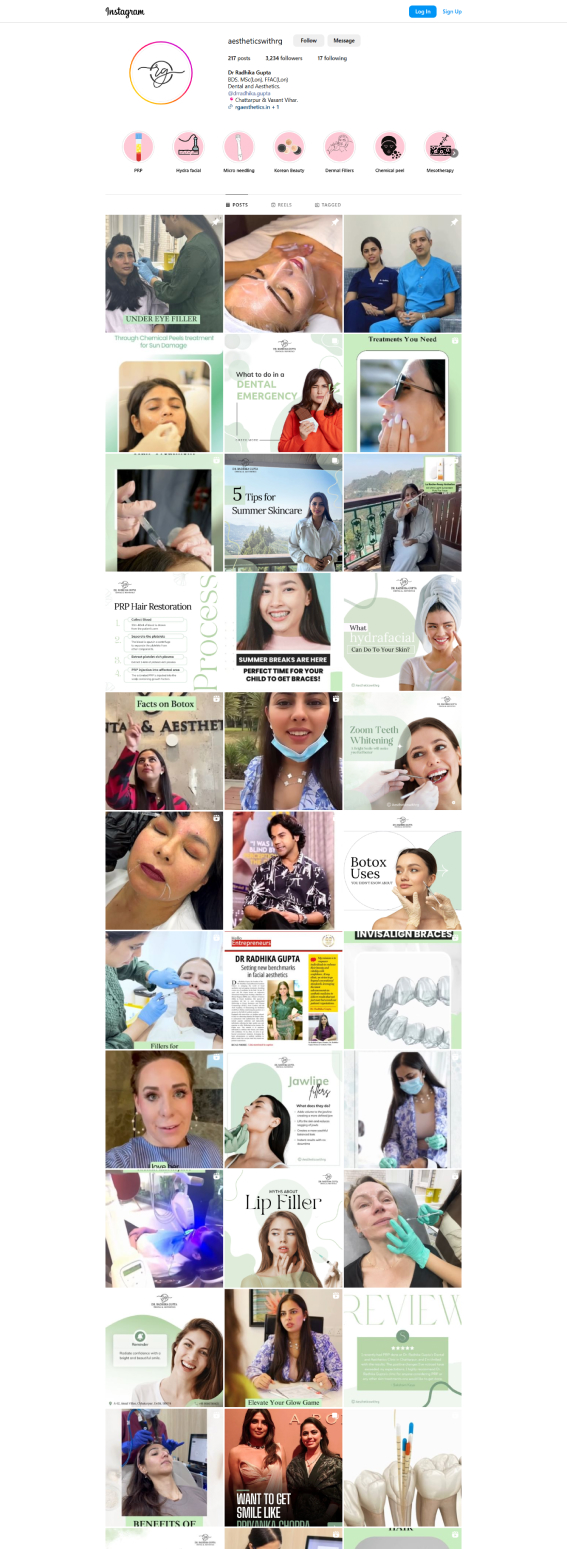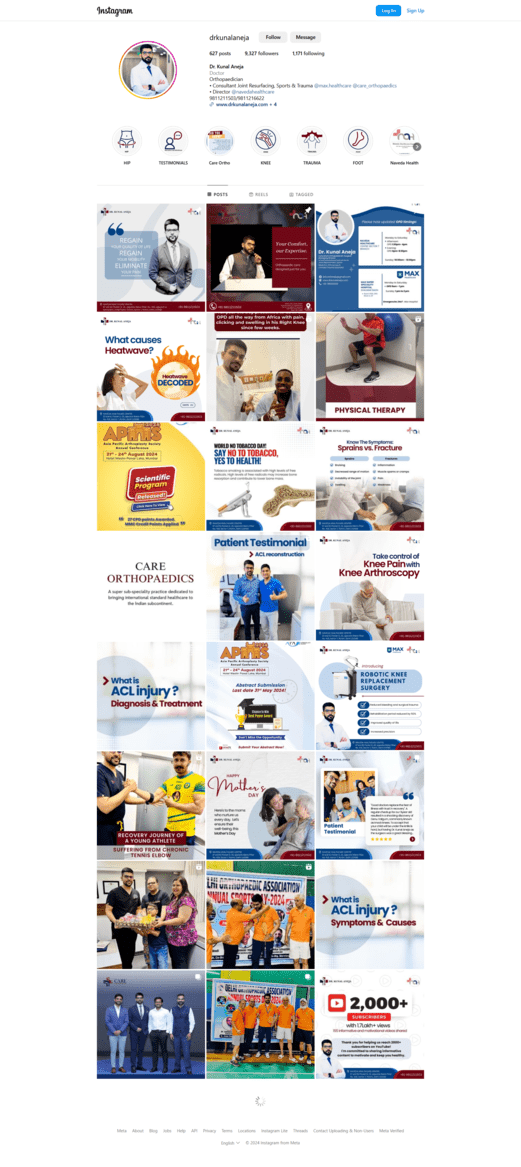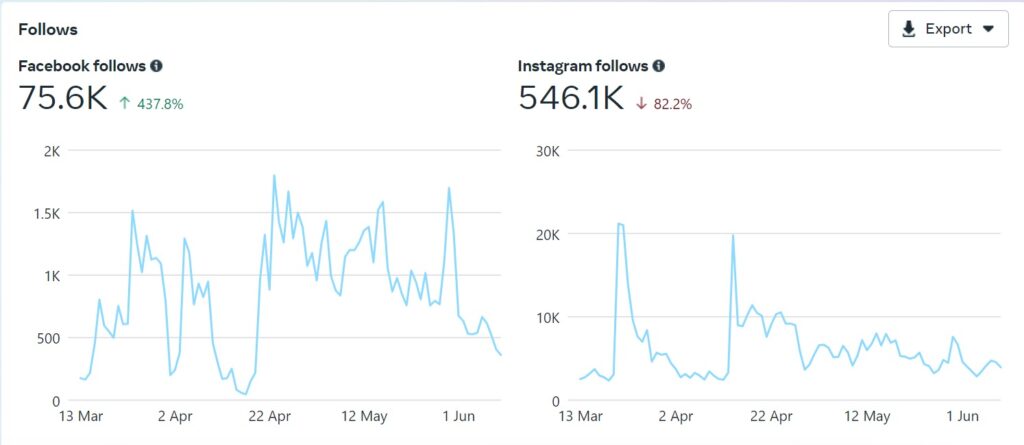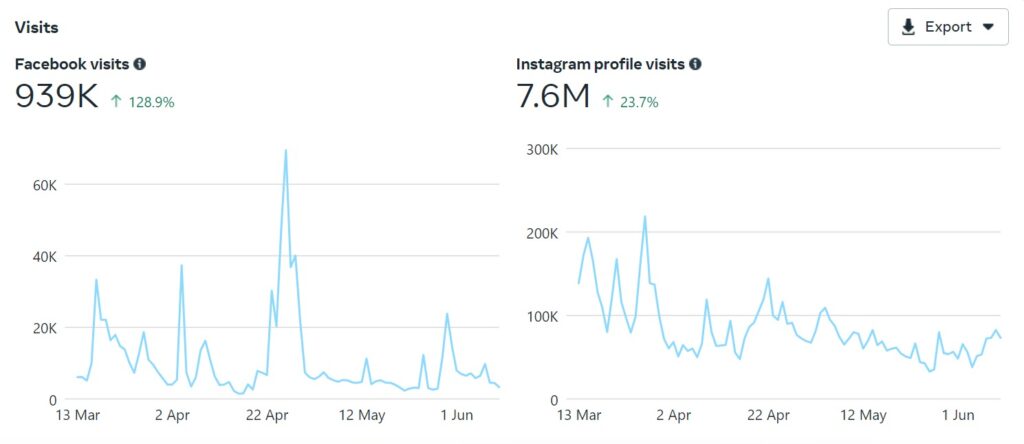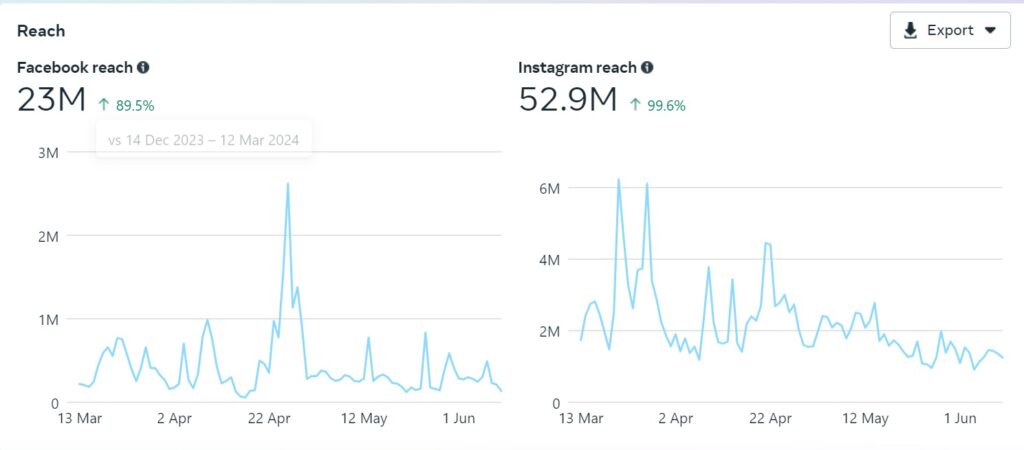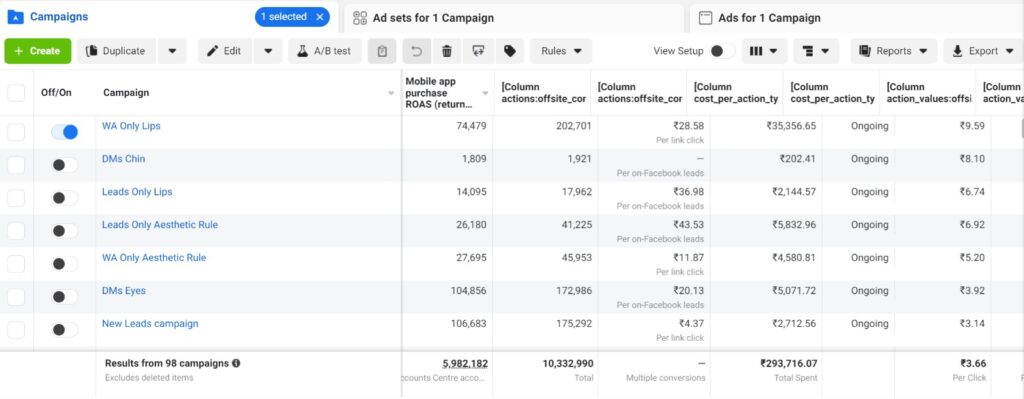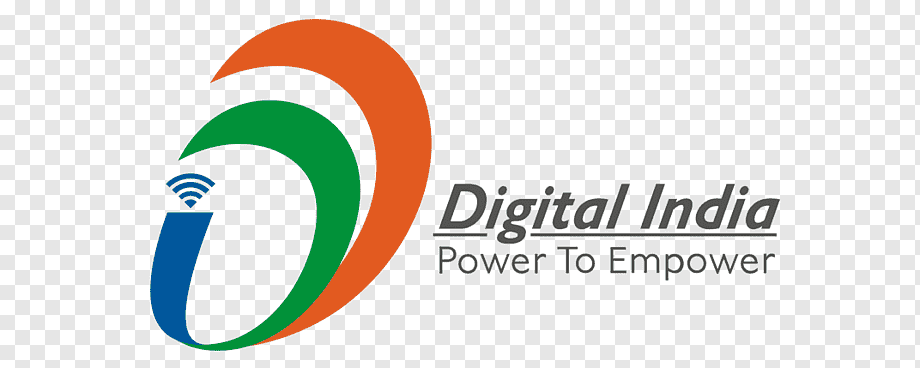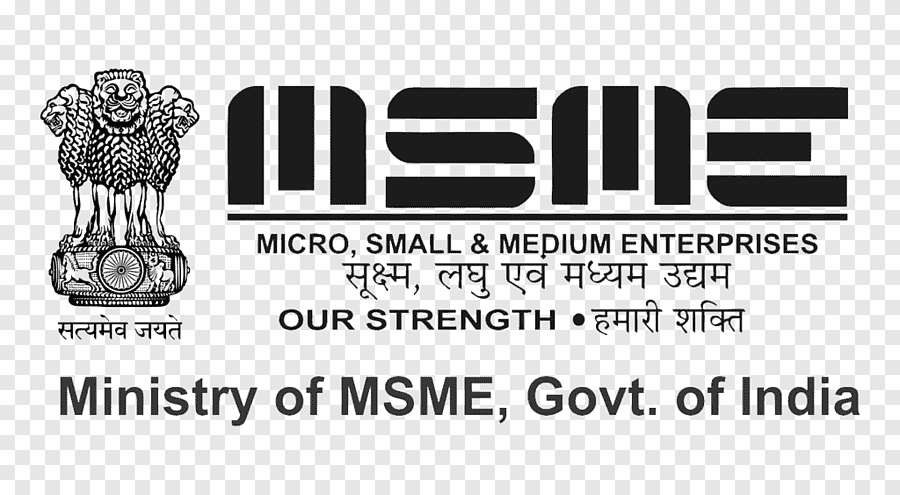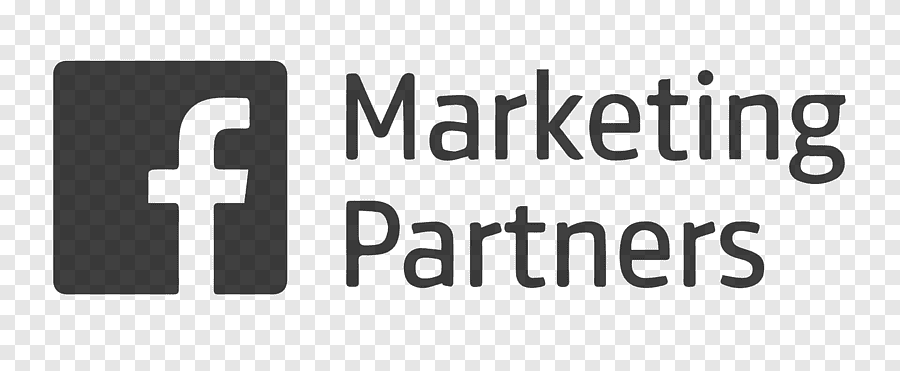
ClinicManager™ Premier Social Media Marketing Solutions for Doctors
End-To- End Services Like Patient Lead Generation, Youtube Content Management & Online Reputation Management, Social Media Marketing, Onsite Medical Content Creation, And Many More.
Maximize Your Practice Growth with Expert Social Media Marketing for Doctors

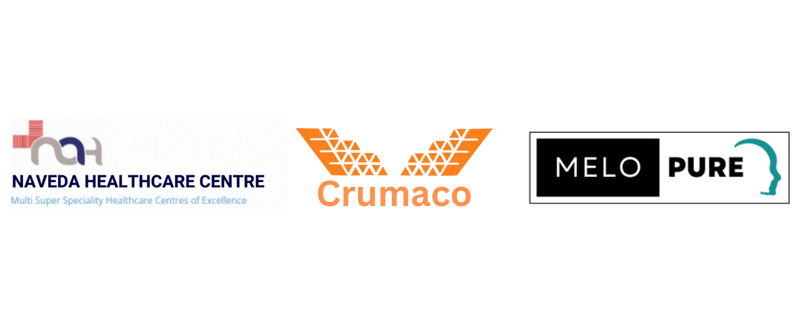
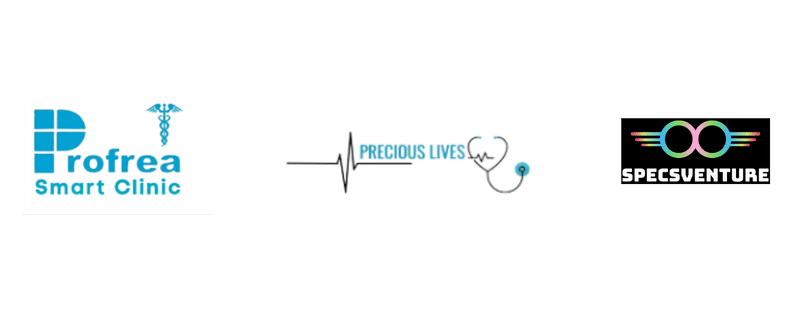



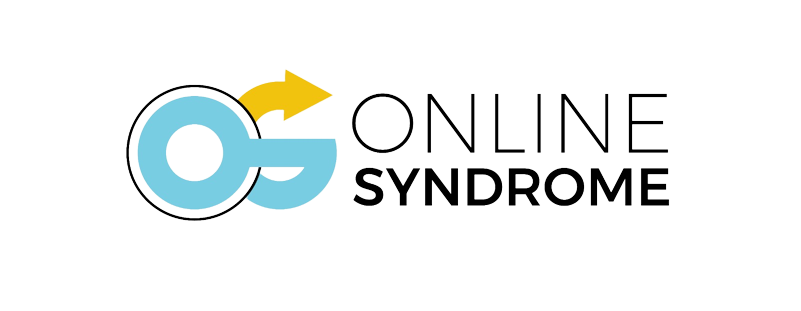









Providing Healthcare Clients with End-to-End Social Media Marketing Solutions for Doctors
Introducing the World’s Premier Agency for Social Media Marketing for Doctors, Experts in Digital Marketing, SEO, Content Creation, and Branding for Healthcare Brands

Patient Lead Generation
Increase Patient Footfall Via Facebook & Instagram Ads

Onsite Medical Content Creation
Our Professional Visits Your Facility & Creates Engaging Content

Branding & Communications
Maintain Your Brand Visuals & Communications On All Channels

Online Reputation Management
Connect With Your Patients Across All Media Channels

Youtube Content Management
Generate High Quality Leads Via Youtube Content Creation

Influencer & Collaboration
Collab With Healthcare Influencers & Other Doctors For Brand Awareness

Social Media Management
We Maintain All Your Social Media Platform With Engagin Medical Content

Advertisement & Content Shoot
Our Team Of Professionals Will Visit Your Site & Create Commercial Video Ads
ClinicManager's Unique Approach to Healthcare Media Marketing
ClinicManager™⟩ stands out with its innovative and tailored approach to healthcare marketing. We go beyond traditional strategies, leveraging data-driven insights and creative thinking to deliver exceptional results and drive patient acquisition for our clients.
Advance Content Calender
Our meticulously planned and organized approach ensures a consistent and strategic content flow, helping you stay ahead of the competition, engage your audience, and drive meaningful results for your healthcare brand.
Deep Data Insights Tracking
Our advanced analytics tools and methodologies provide in-depth understanding of your audience, campaign performance, and user behavior, enabling data-driven decision-making and optimization for maximum impact and ROI.
Automated Content Creation
Our advanced technologies and systems leverage artificial intelligence and machine learning to generate high-quality and personalized content at scale. Experience the efficiency and effectiveness of automated content creation, saving time and resources while maintaining a consistent and engaging online presence for your healthcare brand.
Dedicated Media Manager
Our experienced professionals will take care of all aspects of your media strategy, including planning, execution, optimization, and performance tracking.
Automations Via Tools
rom automated scheduling and reporting to personalized messaging and audience segmentation, experience the transformative impact of automation in maximizing your marketing performance and achieving better results, effortlessly.
Medical Media Domain Experts
With our in-depth knowledge of the industry, we understand the nuances and regulations that govern medical advertising. Our expertise ensures that your campaigns are compliant, targeted, and effective in reaching your desired audience.
Recent Social Media Work Of Our Clients
Exclusive Insights From Our Clients Dashboards From Healthcare Domains
1000+ Monthly Leads Generated From Social Media Ads ( Facebook & Instagram )
Numbers We Are Proud To Share
Industries we’ve excelled in
Individual Doctors & Clinics
We Provide End-To-End Marketing Solutions For Individual Practitioners, Clinics & Wellness Centers
Healthcare Brands
One Stop Solution For Your Healthcare D2C Or B2C Brand To Get Your Maximum ROAS
Hospitals
Complete ORM Solutions To Maintain Your Brand Authority In The Digital Space
Organizations recognized our work

ClinicManager™ has been recognized as a Leading Healthcare Marketing Brand
Doctor's 1st Choice For Healthcare Marketing
In Industry
In Healthcare Industry
Marketing Experts
Marketing Agency
#5 Great Social Media Marketing Ideas for Doctors
- Specialized Educational Content: Share informative posts that highlight clinic expertise.
- Compelling Patient Testimonials: Showcase success stories to inspire confidence in prospective patients.
- Engaging Live Q&A Sessions: Conduct interactive sessions to address medical inquiries and demonstrate clinic proficiency.
- Dynamic Visual Assets:
Utilize captivating videos and infographics to convey complex medical information effectively. - Established Patient Community: Cultivate forums to foster patient support and cultivate lasting loyalty.
Conclusion
Social media marketing has revolutionized the way doctors connect with patients and promote their services. By building a strong online presence, engaging with patients, utilizing visual content, collaborating with influencers and peers, promoting events and services, monitoring performance, and ensuring compliance with medical ethics, ClinicManager™ can harness the power of social media to enhance their professional brand and provide valuable health-related information to a wider audience.
FAQs
Social media marketing can benefit doctors from various specialties. It provides a platform to connect with patients, share expertise, and promote services.
Consistency is key. Doctors should aim to post regularly, providing valuable content without overwhelming their audience.
Yes, social media marketing can increase visibility and attract potential patients who resonate with a doctor’s expertise and approach.
Doctors should be cautious about patient privacy, adhere to ethical guidelines, and avoid engaging in unprofessional or controversial discussions.
By tracking metrics such as engagement, reach, conversions, and gathering patient feedback, doctors can assess the effectiveness of their social media marketing strategies.
Partner with us for the Best Healthcare Marketing Experience
We’re happy to answer any questions you may have and help you determine which of our services best fit your needs.
Your benefits:
- Client-oriented
- Independent
- Competent
- Results-driven
- Problem-solving
- Transparent
What happens next?
We Schedule a call at your convenience
We do a discovery and consulting meting
We prepare a proposal

